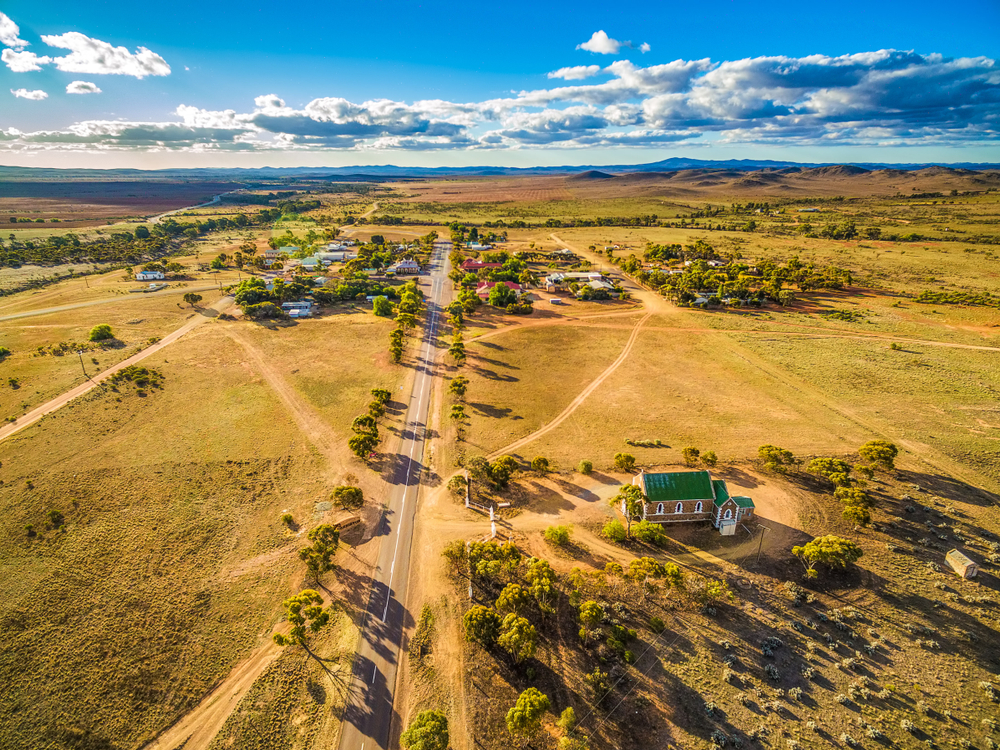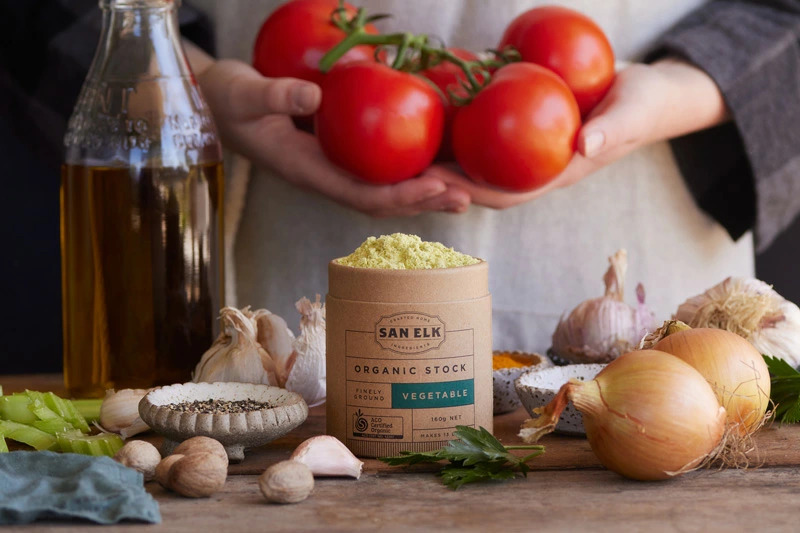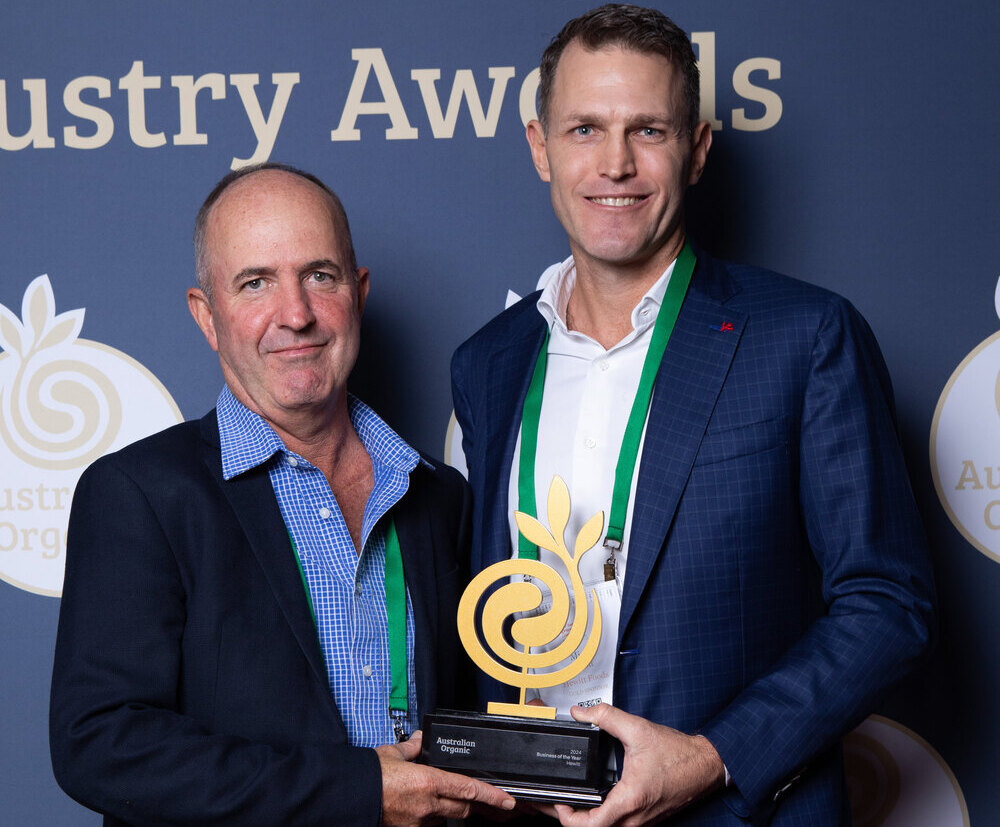AUSTRALIAN Organic Limited (AOL) has backed the National Farmers’ Federation’s (NFF) robust Regionalisation Agenda, which will bolster employment opportunities, create smarter regulatory frameworks and help build resilience in the national economy.
NFF’s Regionalisation Agenda was presented at the National Press Club of Australia to journalists and policymakers in Canberra today, where NFF CEO Tony Mahar, Business Council of Australia CEO Jennifer Westacott and Council of Small Business Organisation of Australia CEO Peter Strong talked through the vast benefits of empowering regional communities for growth.
Australian Organic CEO Niki Ford said an efficient regionalisation strategy would provide positive outcomes for the entire country.
“The framework paves the way for clear progression in strengthening regional Australian communities, which in turn builds resilience within the national economy at large,” Ms Ford said.
“A well-resourced regionalisation agenda will help deliver projects creating significant employment in our regional and rural communities, ensure there is a wider range of economic and industry diversity and make sure Australia is well positioned to fully capture the growing global demands for food and fibre.”
Ms Ford said Australia’s thriving organic industry already contributed $2.6 billion to the national economy, and peak demand was increasing year-on-year.
“Australia’s brilliant reputation for being a producer of quality organic products means the domestic and export requirements are increasing at a rate of about 15 per cent each year,” she said.
“However, COVID-19 has proven the country’s reliance on transient farm labour is vulnerable to global catastrophes, and some organic horticulture farmers are in a position where they do not have the staff they need to pick their fruit and vegetables.
“A different approach to a sustainable labour pool is long overdue, and we agree with the NFF that investing in key shovel-ready products in regional centres will draw more people away from the big cities.”
The Regionalisation Agenda also encourages governments to allow their employees to work remotely from regional and rural areas, which leverages off the COVID-19 trend of people choosing to live outside of major centres when presented with the option.
The move would help ensure public servants and policymakers have a lived experience of the issues facing regional communities and guard against decisions and legislative changes being city-centric or out of touch.
A current priority of AOL is working with stakeholders and governments to introduce a fit-for-purpose domestic regulation for the use of the word organic, which could also lead to a stronger organic industry and contribute to regional prosperity.
“Australia is one of the only developed countries without a national domestic standard in place, which has created roadblocks for exporters, who supply about $700 million worth of product overseas, as they are forced to pay individual in-country fees to sell their goods,” Ms Ford said.
Minister for Agriculture, Drought and Emergency Management David Littleproud convened an Organics Industry Advisory Group in December 2020 to make recommendations on the merit of a revamped framework.
“Getting domestic regulation right is essential for the Australian organic industry to capture bourgeoning export requirements,” Ms Ford said.
“But, for the whole country to fully capitalise on that demand, our rural communities need to be supported by a strengthened regionalisation strategy.”
Media enquiries:
Hannah Hardy
hannah.hardy@bluehillpr.com.au
0421 196 004
Andrea Davy
andrea.davy@bluehillpr.com.au
0419 773 576
More about Australian Organic Limited (AOL)
Australian Organic Limited (AOL) is the leading peak industry body engaging with government and industry to promote the commercial and social interests of those who are certified and protect the integrity of the certified industry against fraud and misleading organics. AOL has been at the foundation of organics since 1987 and is identified by the most recognised mark in Australia, the Australian Certified Organic Bud trademark. This trademark signals the highest of integrity and is recognised by more than 50 per cent of Australian consumers.






